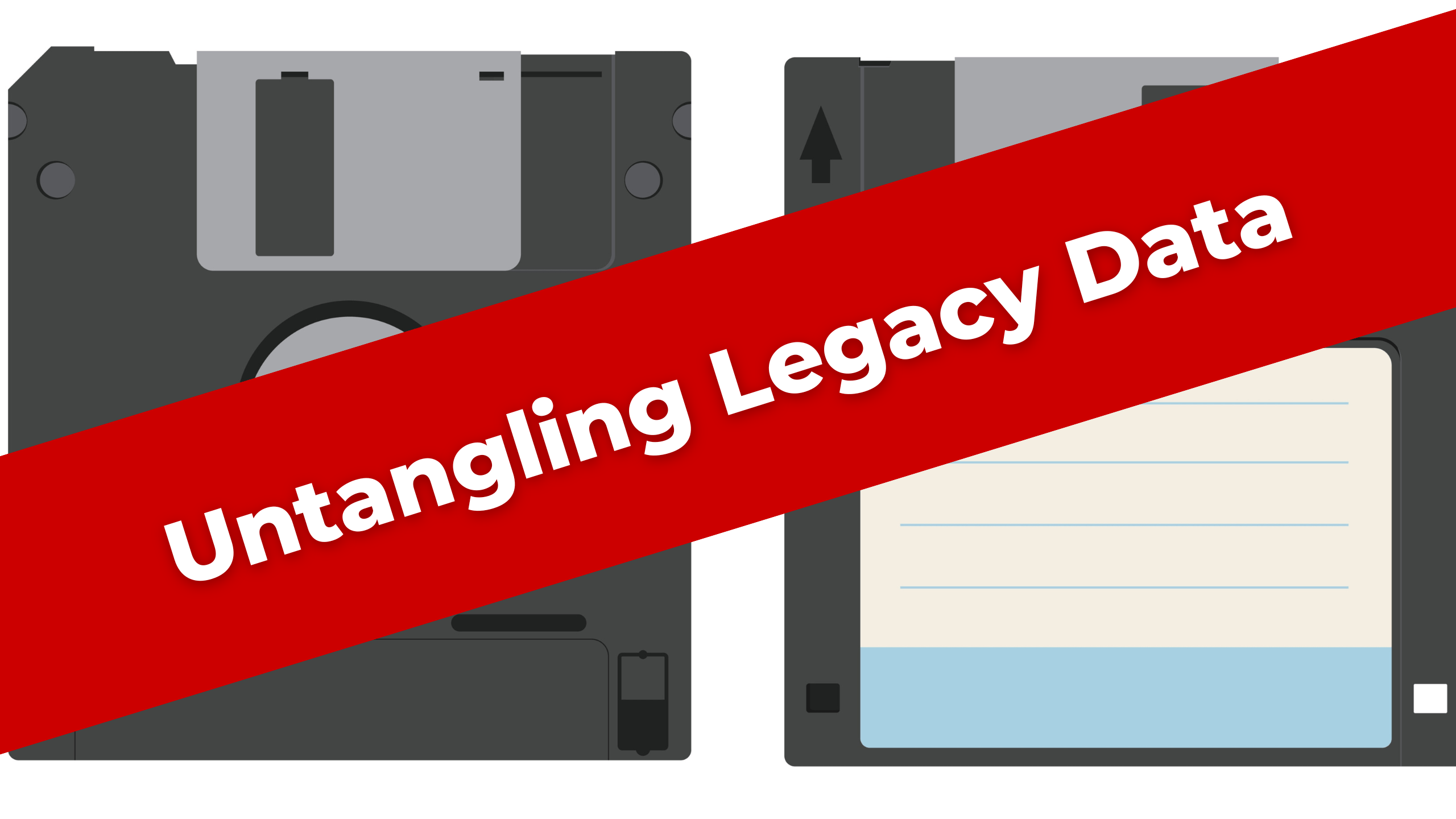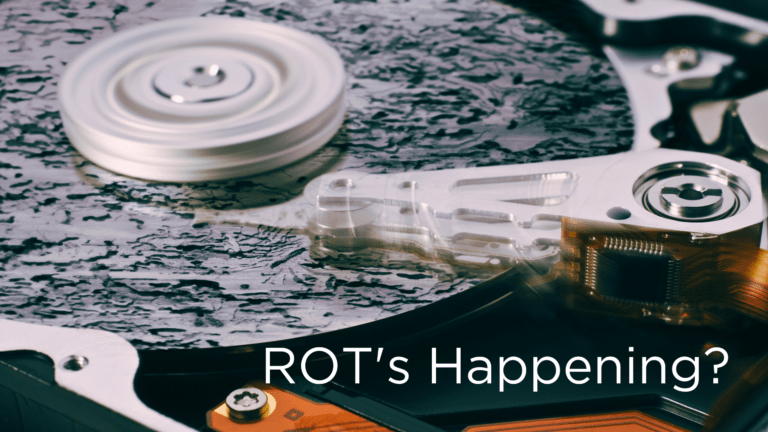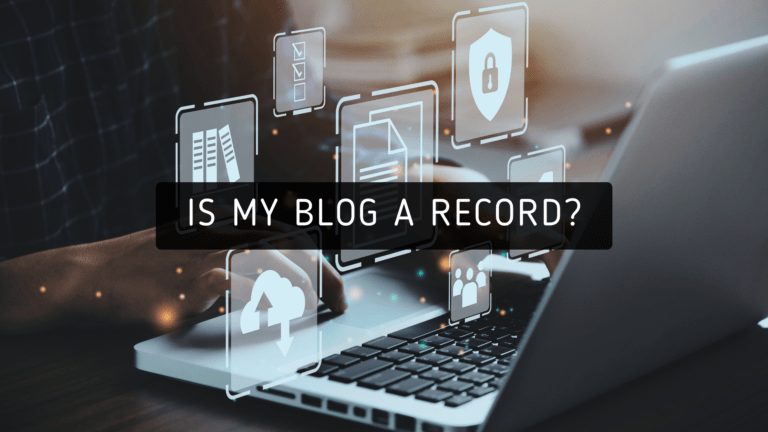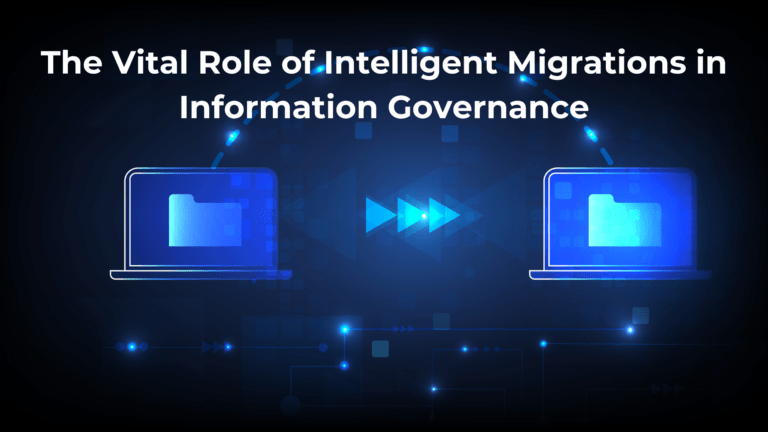Legacy data—those remnants from bygone technology eras—pose a significant challenge to modern organizations, particularly those transitioning to contemporary platforms like Microsoft M365. This accumulated data could be ensnared in various formats, from backup tapes and old SharePoint sites to compliance archives. Confronted with these intricacies, one question frequently surfaces: should we migrate our legacy data, and if so, how?
I’m going to unpack key considerations to aid in determining whether legacy data migration aligns with your organization’s needs. Leveraging my insights from Kindato Corp, where we specialize in Information Governance (IG), eDiscovery, and migrations for Microsoft M365, I’ll also offer best practices and actionable recommendations to bolster your migration decisions.
Legacy Data and ROT: Addressing the Elephant in the Server Room
One of the most significant concerns when dealing with substantial repositories of unstructured data is the existence of redundant, outdated, or trivial (ROT) information. Unearthing and eliminating ROT data is an essential first step. Doing so paves the way for an efficient migration and an organized, compliant future—vital for the adoption of Modern Work practices.
Remember, tools and AI-powered solutions can help navigate the ROT elimination process. Microsoft’s very own Purview, a unified data governance service, can help manage and govern your on-premises, multicloud, and software-as-a-service (SaaS) data. There are third-party tools that support this initiative as well that can be considered based on the source and scope of the legacy systems.
Unfolding Your Legacy Data Landscape
As organizations pivot towards Modern Work, having readily accessible data on a unified platform becomes crucial. Start by cataloging your data sources. Prioritize migration from older, less accessible sources to modern, cloud-based platforms. This process enhances data accessibility and optimizes data retrieval, facilitating the adoption of Microsoft M365—a cornerstone for Modern Work.
Legal Holds and Compliance: The Migration Roadblocks
Understanding the implications of legal holds and compliance requirements is paramount before initiating data migration. Your migration strategy should safeguard the integrity of legally bound data throughout the migration process. A reliable tracking system, like those offered in Microsoft M365, can be an invaluable ally in this context.
Information Governance: Your Migration North Star
Information Governance (IG) policies act as the guiding star in the data migration galaxy. These policies are particularly relevant in a Modern Work environment, where data accessibility and security become intertwined. The migration process offers an opportunity to reinforce your IG strategy, leading to more consistent, secure, and efficient data management—foundational aspects of Modern Work.
Planning for Migration: An Investment in Your Future
Data migration is not a matter of if, but when. As such, budgeting for migration should be a strategic consideration for organizations. To maximize the return on this investment, align it with your organization’s IG strategy. Effective migration lays the groundwork for Modern Work adoption, enabling teams to leverage data within Microsoft M365 effectively.
Embracing the Legacy Data Migration Challenge
Deciding to migrate legacy data is a complex process, demanding careful consideration of various factors. By evaluating source types, data types, legal, and compliance issues, IG policies, and your Microsoft environment capabilities, you can make informed decisions about your migration journey.
At Kindato, we’ve partnered with Gimmal, leading specialists in records management and information governance, to provide Migration as a Service (MaaS). Our MaaS offers comprehensive, flexible solutions tailored to your migration needs, ensuring a smooth transition from legacy systems to your new Microsoft M365 environment. By paving the way for Modern Work practices, we help guide your migration journey towards a more organized, efficient, and compliant future.
How do you see the legacy data as being an opportunity for your organization?




